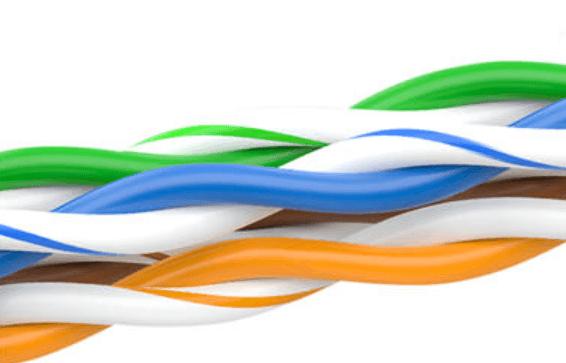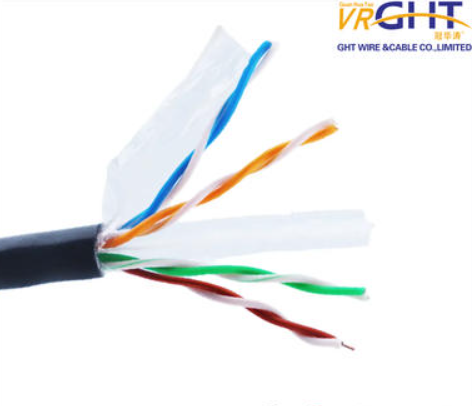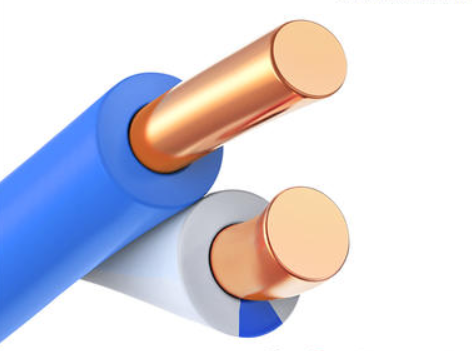
What is a UTP Ethernet Cable?
In the ever-evolving landscape of modern technology, a robust and efficient network infrastructure is essential for seamless communication and data transfer.
Among the various components that contribute to a reliable network, the UTP Ethernet cable stands out as a stalwart performer.
In this article, we will delve into the world of UTP Ethernet cables, exploring their significance, benefits, and capabilities, with a particular focus on the UTP Cat6 Fluke variant.
Among the various components that contribute to a reliable network, the UTP Ethernet cable stands out as a stalwart performer.
In this article, we will delve into the world of UTP Ethernet cables, exploring their significance, benefits, and capabilities, with a particular focus on the UTP Cat6 Fluke variant.
What is a UTP Ethernet Cable?
A UTP (Unshielded Twisted Pair) Ethernet cable is a widely used networking cable that facilitates the transmission of data between electronic devices, such as computers, routers, switches, and servers.
It is called "unshielded" because it lacks an outer layer of shielding, which is present in shielded Ethernet cables. Instead, UTP cables employ a specific design consisting of twisted pairs of copper wires, which helps minimize electromagnetic interference.
It is called "unshielded" because it lacks an outer layer of shielding, which is present in shielded Ethernet cables. Instead, UTP cables employ a specific design consisting of twisted pairs of copper wires, which helps minimize electromagnetic interference.

What does "UTP" stand for in UTP Cat6 Fluke?
In the context of UTP Cat6 Fluke, "UTP" stands for Unshielded Twisted Pair. This acronym signifies that the cable utilizes twisted pairs of copper wires, without any additional shielding, to carry data signals.
What are the benefits of using UTP Cat6 Fluke?
UTP Cat6 Fluke offers numerous advantages that make it a sought-after choice for networking professionals:
●Enhanced Data Transfer Speed
UTP Cat6 Fluke is engineered to support Gigabit Ethernet, enabling data transfer speeds of up to 1000 Mbps. With this impressive speed, it can efficiently handle bandwidth-intensive tasks, including large file transfers, multimedia streaming, and online gaming.
●Reduced Interference
The twisted pair design of UTP Cat6 Fluke cables provides excellent resistance against external interference, such as electromagnetic and radio frequency interference. This ensures stable and reliable data transmission, even in noisy environments.
●Cost-Effectiveness
Compared to shielded Ethernet cables, UTP Cat6 Fluke is generally more affordable, making it an economical choice for network installations.
Its cost-effectiveness does not compromise performance, making it a popular option for both residential and commercial applications.
Its cost-effectiveness does not compromise performance, making it a popular option for both residential and commercial applications.
●Flexibility and Versatility
UTP Cat6 Fluke cables are flexible and easy to install. They can be easily routed through tight spaces, making them ideal for various networking setups, including office buildings, homes, educational institutions, and data centers.
●Future-Proofing
UTP Cat6 Fluke is designed to meet and exceed the requirements of modern networking standards.
Its superior performance characteristics ensure compatibility with emerging technologies, offering a level of future-proofing for your network infrastructure.
Its superior performance characteristics ensure compatibility with emerging technologies, offering a level of future-proofing for your network infrastructure.
Can UTP Cat6 Fluke be used for outdoor installations?
Typically, UTP Cat6 Fluke is not recommended for outdoor installations due to its lack of shielding.
The absence of shielding makes it vulnerable to environmental factors, such as moisture, extreme temperatures, and UV radiation, which can degrade the cable's performance and lifespan.
To ensure reliable connectivity in outdoor settings, it is advisable to use outdoor-rated Ethernet cables specifically designed to withstand harsh environmental conditions.
The absence of shielding makes it vulnerable to environmental factors, such as moisture, extreme temperatures, and UV radiation, which can degrade the cable's performance and lifespan.
To ensure reliable connectivity in outdoor settings, it is advisable to use outdoor-rated Ethernet cables specifically designed to withstand harsh environmental conditions.
What is the Maximum Data Transfer Rate Supported by UTP Cat6 Fluke?
UTP Cat6 Fluke is engineered to support Gigabit Ethernet, enabling data transfer rates of up to 1000 Mbps (1 Gbps). This high-speed capability makes it ideal for demanding applications that require fast and uninterrupted data transmission, including high-definition video streaming, cloud computing, and large-scale data transfers.
Conclusion
In the realm of networking, the UTP Ethernet cable, with its unshielded twisted pair design, has become the backbone of modern communication systems. UTP Cat6 Fluke, a prominent member of the UTP cable family, offers an array of benefits, including high-speed data transfer, reduced interference, cost-effectiveness, flexibility, and future-proofing.








Leave a comment